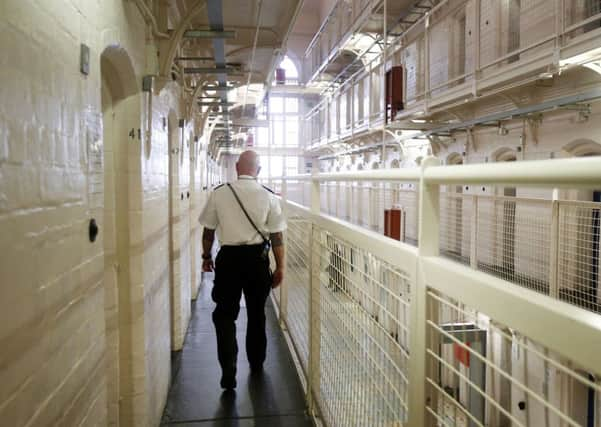Social investment can pay off for all involved


Octavia Hill was a renowned social reformer and played a significant role in the 19th century in the development of UK social housing. She set up one scheme whereby investors provided funding to acquire houses which were then rented out to those on low incomes. The investors got a 5 per cent return on their investment and the excess was reinvested in the properties. By 1874, Octavia had established 15 housing schemes with around 3,000 tenants.
Octavia and the investors probably didn’t consider what they were doing as “social investment”, but that’s exactly what it would be called today.
Advertisement
Hide AdAdvertisement
Hide AdThere is no universally accepted or legal definition of what social investment is, but it is generally understood to mean the provision and use of capital to generate social and/or financial returns. So, to take Octavia’s example, the social return was an improvement to the lives of the tenants and the financial return was the 5 per cent interest paid to investors.
Charities and other organisations with social purposes currently face the double whammy of there being a general lack of bank funding and constraints on public sector spending (on top of which there is a growing demand for their services). Many require new ways to access capital; social investment is one way of attracting and securing this.
One of the best-known examples of social investment in the UK involves a project at Peterborough Prison which seeks to reduce re-offending rates. The project was developed by Social Finance and launched in 2010. It brought together investors (including charities) who invested a total of £5 million. The money was used to develop the “One Service”, a tailored, individual, preventative service provided to short sentenced male prisoners. If reoffending rates amongst that group fall below a certain level, the investors will receive a financial return. The Ministry of Justice would pay the financial return out of the savings which it makes because of the reduction in reoffending. One Service is in the fourth year of its six-year term, but interim reports suggest it’s working – reoffending rates have fallen in comparison to national rates and so investors should expect to receive a financial return on their investment.
Critics of social investment view some of these schemes as profiting out of other people’s misery and therefore as morally objectionable. Some commentators in Scotland are critical of importing commercial concepts into the third sector. The alternative view is that charities and other third sector organisations need to find new sources of funding and this is one way of doing it. And from the investor’s perspective, one can see that being able to direct money towards specific social projects is attractive.
The UK government appears committed to supporting the development of social investment – it reports that in 2010, around £165m of social investments were made, but it says that there is great potential for this to be scaled up. It wants to encourage more social investment in the UK and so, in January, it published its “social investment roadmap” which sets out its plans in this area. This includes the introduction of a new social investment tax relief for investors from 6 April this year.
It’s fair to say that there is less activity in the social investment sector in Scotland, but there are some notable developments and some key players. For instance, since 2001, Social Investment Scotland has lent over £45m in the form of social investment and has ambitious plans for growth over the next five years.
As Alastair Davis, chief executive of Social Investment Scotland, says: “Social Investment Scotland’s mission is to connect capital with communities, helping organisations find the capital they need to maintain and grow their activity, and also helping a growing group of social investors find suitable places to inject monies. We are ambitious about the future of social investment in Scotland – recognising that it’s not for everyone, but where it is it can be used to make a real measurable and sustainable impact upon people’s lives.”
Morton Fraser’s Third Sector team is actively involved in the further development of social investment in Scotland. This includes working with the YMCA Scotland last year in the development of template documents for social investment (the Social Impact Investment Partnership).
Advertisement
Hide AdAdvertisement
Hide AdWhile it’s not suggested that social investment is a panacea, it is one way for organisations to secure capital, and so it will be interesting to see if the new tax relief stimulates more interest and activity in Scotland. Octavia Hill’s example shows that while social investment is not new, it is becoming more prominent.
•Lauren Scott is an associate with Morton Fraser www.morton-fraser.com
SEE ALSO